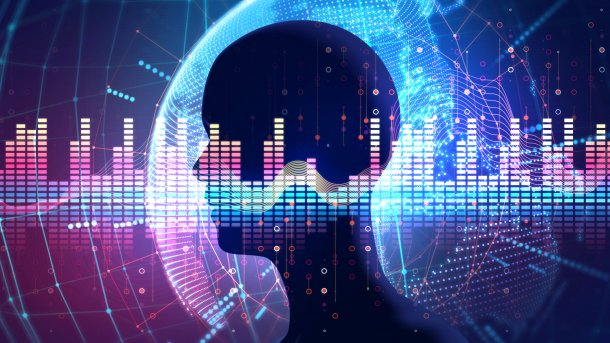AI music is too similar: record labels sue Suno and Udio
If you don't listen carefully, you could mistake the AI-generated music for real artists. Their record labels are now taking them to court.

(Image: whiteMocca/Shutterstock.com)
A group of record labels is taking Suno and Udio, two providers of AI music generators, to US courts. The accusation in each case is mass copyright infringement. On the one hand, the large language models (LLMs) were unlawfully trained using copies of sound recordings that are protected by intellectual property rights. On the other hand, the pieces of music output by the LLMs are sometimes so similar to protected recordings that they infringe the associated rights.
The plaintiffs make these allegations in two lawsuits. Microsoft partner Suno is to appear before the US Federal District Court for Massachusetts (Case No. 1:24-cv-11611), Udio before the US Federal District Court for Southern New York (Case No. 1:24-cv-04777). In each case, the defendants are also Jane Doe defendants (Jon Does 1-10) who allegedly provided the AI contractors with copyrighted recordings for use in training the LLMs. As examples, the plaintiffs refer to recordings by ABBA, the Beach Boys, the Beatles, Michael Bublé, Chuck Berry, James Brown, Mariah Carey, Coldplay, Green Day, Bill Haley, B.B. King, Michael Jackson, Jerry Lee Lewis, Sting, the Temptations and others, some of which Suno or Udio have imitated in a strikingly similar way, or whose "inspiration" is at least not to be dismissed out of hand.
Fair use?
The plaintiffs are eleven or twelve record labels, including the three industry giants Sony Music Entertainment, UMG Recordings and Warner Records. They have coordinated via the industry association RIAA (Recording Industry Association of America). They are seeking injunctions and liquidated damages of 150,000 US dollars per affected recording.
Videos by heise
The defendants point out that they do not reproduce original voices or recordings and that their actions are "transformative". They are thus insisting on fair use. The aim of US copyright is to "promote the progress of science and useful arts". If it helps to achieve this goal, third-party works can be used free of charge even if the rights holders do not agree. This doctrine is known as fair use. The law does not conclusively regulate when exactly fair use exists. It would also be very difficult.
In the event of a dispute, at least four factors must be examined: The type of use - commercial, non-commercial or educational - matters, with "transformative" use more likely to be recognized as "fair", as well as the nature of the work, the excerpts used compared to the work as a whole, and finally the impact on the potential market or value of the work. The four outcomes of the assessment must then be weighed against each other.
(ds)